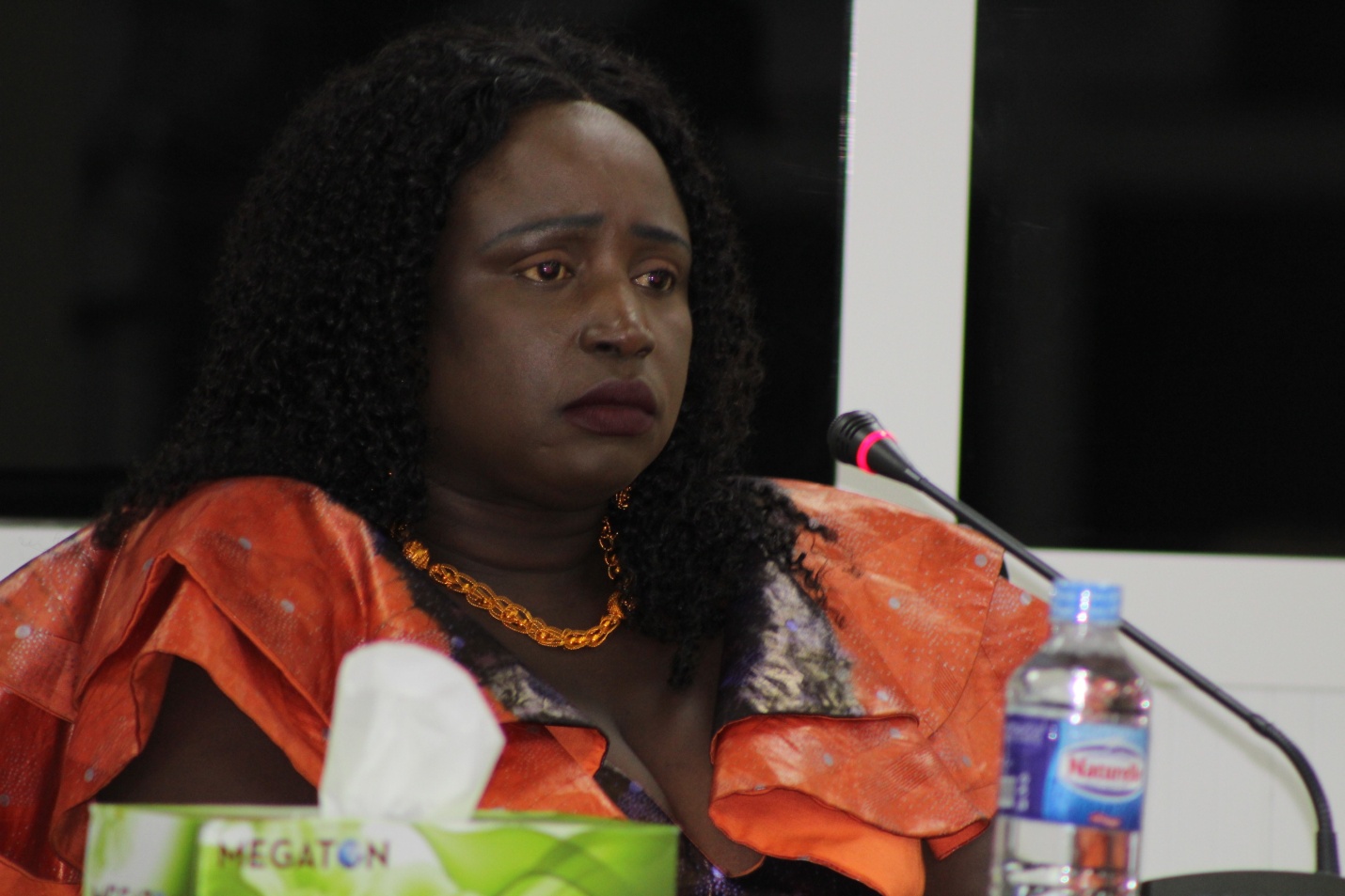By Kebba Ansu Manneh
Dr. Abdou Ceesay, Director Department of Livestock Services in The Gambia has confirmed the outbreak of Lumpy Skin Disease (LSD) in the country, revealing that the cattle disease was first reported in Sandu District, Upper River Region (URR) of the country since the beginning of the year and his department is doing all efforts to contain the disease.
He made this revelation in an exclusive interview at his office in Abuko, where he said the Lumpy Skin Disease has now spread to all the regions of the country affecting only cattle species.
“Yes, there has been an outbreak of Lumpy Skin Disease on Cattles in the Gambia since the beginning of the year. The first outbreak if I could remember was reported in Sandu District, Upper River Region,” Dr. Abdou Ceesay, confirmed.
He added: “The Epidemiology and Information Unit of the Department of Livestock Services are collating the data obtained from the field. When outbreaks or animal health issues arise they are reported to this unit that eventually feeds my office of the information gathered and so for they are now doing the collation of this outbreak.”
According to him, Lumpy Skin Disease is an infectious disease that mainly affects cattle species, adding that the disease can easily spread through interaction among the affected and unaffected cattle or through insect vectors.
Dr. Ceesay highlighted that when the disease entered the herd it can lead to 10 percent death of the cattle, noting that the disease cannot be a cure but can be managed and prevented through vaccination.
“With proper management and nursing, the affected animals can recover from the disease. Lumpy Skin Disease doesn’t account for high mortality or mobility when properly managed and preventive measures are put in place,” the Director, Department of Livestock Services disclosed.
He added; “So far the reports we are getting are indicating that the mortality rate is very low meaning fewer cattle are dying due to this disease.
He has not been relenting since the beginning of the outbreak for we (DLS) have already rolled out vaccination throughout the regions affected by the outbreak with the view to preventing and containing the spread of the disease in the country.
“The Chief Veterinarian in the county also disclosed that currently the department’s vaccination teams are on the ground and intervening in any areas where reports of the disease surfaced, advising those cattle and other animals need vaccination every six months to prevent them from outbreaks of disease.
Dr. Ceesay further dispels rumors currently circulating suggesting that eating meat and drinking the milk of infested cattle can transfer Lumpy Skin Disease to human beings, arguing that such statements are a false misrepresentation of facts as the Lumpy Skin Disease on Cattles is not zoonotic and cannot be transmitted to the human being through consumption of cattle meat or milk or direct contact with affected cattle.
He added that the disease cannot only be transmitted from cattle to cattle species or through infected vectors, emphasizing that the deceased cannot be transferred to humans either through eating the meat of infected animals or drinking milk, or through direct contact with the infested cattle.
Director, Department of Livestock Services also noted that even though the consumption of the meat and milk of infested animals cannot be transferred to humans it is advisable to avoid eating or drinking milk from sick animals, adding that the inspector from Livestock Services is working with officials of food safety and public health to ensure that no sick animal is killed at the nation’s abattoirs.
He cited challenges confronting the department in terms of human and financial resources in doing all their work at ago, warning that any animal dealer or butcher man found wanting for selling sick animals or cattle suffering from Lumpy Skin Disease will be dealt with accordingly.
Dr. Cessay used the opportunity to call on all cattle owners to report any case of Lumpy Skin Disease on cattle to its nearest office for advice and treatment, revealing that it is still very difficult for cattle owners to answer the calls for vaccination, and this is making a department’s work very difficult.
He finally stated that there is no reported case of monkeypox disease in the country as far as the animals are concerned while noting that his office is very vigilant and working round the clock in ensuring that any reported case of monkeypox is taken care of immediately.




